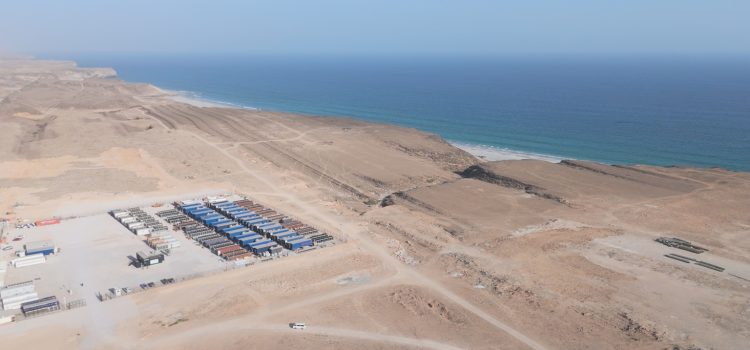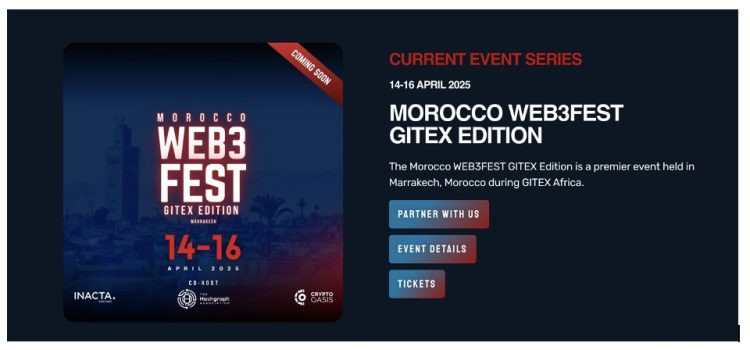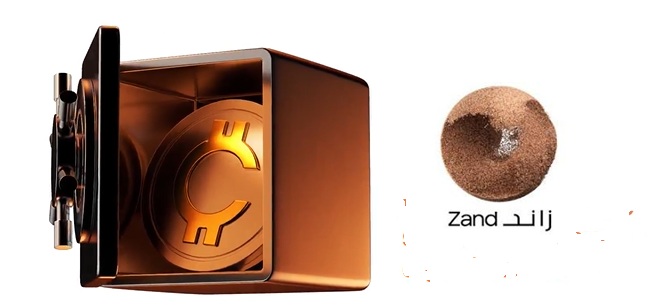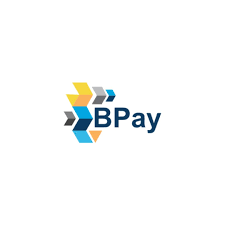
Brikyland Technologies, a blockchain-based real estate tokenization platform, and Abu Dhabi based Inovartic Investments, an innovation and technologies driven investment firm, have signed joint venture partnership aimed at jointly exploring, developing, and implementing tokenized real estate and green asset backed investment technologies in UAE. The venture is expected to roll out projects in key real estate developments and green asset backed initiatives across the UAE, with further announcements to follow in the coming months.
As per the press release, the collaboration is set to leverage blockchain, smart contract infrastructure, and digital asset frameworks to unlock new models of fractional ownership, liquidity, and transparency in the real estate and sustainable investment space. The joint venture will operate in full compliance with ADGM’s evolving regulatory environment governing virtual assets and digital finance.
The two parties seek to develop a UAE based tokenization platform for premium real estate and green assets that will enable compliant fractional ownership structures using blockchain and smart contracts. They will also work to introduce innovative investment vehicles aligned with ESG principles and sustainability mandates and collaborate with regulatory bodies to ensure alignment with national digital asset policies.
The agreement follows the UAE–Vietnam Business Forum held on April 10, 2025, at the Abu Dhabi Chamber of Commerce, where both entities reaffirmed their commitment to advancing technology cooperation. This partnership reflects that vision by strengthening cross-border collaboration in emerging technologies and green finance.
“This partnership with Brikyland Technologies is a natural extension of our vision to drive the next generation of asset backed investment solutions rooted in transparency, sustainability, and technological advancement,” said Anwar Hussein, Managing Partner and Co Founder of Inovartic Investments. “Together, we are laying the foundation for a new era of real estate investment and green asset monetization in the UAE.”
Dr. Dang Ha Lam, Founder Chairman and CEO of Brikyland Technologies, added, “Our technology is designed to make real estate and green assets more accessible and tradable. Partnering with Inovartic opens up strategic opportunities to expand our footprint in the UAE with a focus on institutional grade solutions and compliance-first innovation.”
Saif Aldarmaki Chairman and Co Founder of Inovartic Investments, also noted that the partnership reflects the share commitment to advancing cross-border innovation and sustainable investment. He notes, “By integrating Brikyland’s blockchain technology, we aim to pioneer next-generation asset-backed financial solutions that align with the UAE’s digital economy vision and deepen our commercial ties with Vietnam.”
Founding Advisor of Brikyland Technologies Dr Phillip Thai Pham (BA MIT, Dr. Standford) commented, “We welcome this strategic joint venture as a timely and progressive step that aligns with Vietnam’s commitment to fostering global partnerships in innovation and sustainable development. The collaboration between Brickyland and Inovartic reflects the spirit of cooperation highlighted during the UAE–Vietnam Business Forum. We believe this initiative will open new investment channels, create high impact technological applications, and strengthen the economic bridge between our two nations.”

















